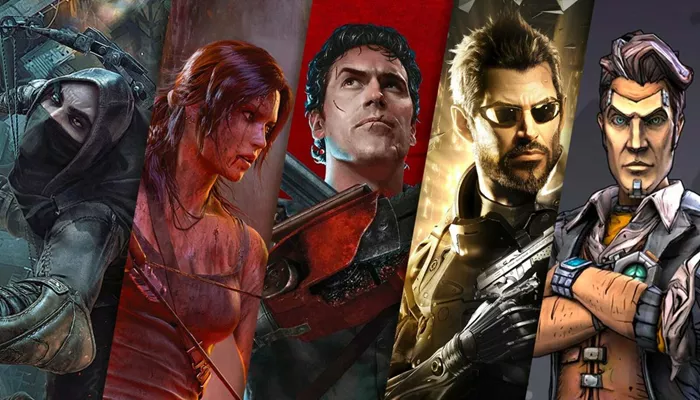Embracer Group, a leading player in the global gaming industry, is grappling with significant challenges as it navigates a landscape marked by development delays and an increasingly crowded market. In a recent statement, CEO Lars Wingefors highlighted the pressing issues facing smaller game titles, which are struggling to meet production timelines and quality standards.
As the owner of over 100 studios worldwide, including renowned franchises such as Tomb Raider and The Lord of the Rings, Embracer has positioned itself as a formidable force in gaming. However, Wingefors noted that the development cycle for many titles has lengthened considerably, placing financial strain on companies within the sector. “Game development has been taking longer for most companies in the industry to complete to the quality needed,” he remarked during an interview with Reuters. He emphasized that smaller and mid-sized titles are particularly vulnerable to these delays, which can lead to narrower profit margins or even losses if new content fails to meet market demands.
The gaming industry initially thrived during the COVID-19 pandemic as lockdowns drove demand for entertainment. However, Embracer has since faced a downturn characterized by development setbacks and disappointing reception for several new releases. In response to these challenges, the company announced on Thursday that it would postpone some upcoming releases beyond this fiscal year to ensure optimal quality and revenue potential.
This trend is not isolated to Embracer; other industry players are also feeling the pinch. French competitor Ubisoft recently projected a staggering 39% decline in third-quarter net bookings due to similar issues with delays and underperforming key titles.
Compounding these challenges is a shift in consumer behavior. According to gaming analytics firm Newzoo, average playtime is declining globally, with fewer titles capturing significant engagement. Interestingly, many gamers are gravitating back towards classic games, further complicating the landscape for new releases.
Wingefors pointed out that leveraging established franchises like The Lord of the Rings and Tomb Raider is crucial for driving growth in both traditional single-player experiences and recurring revenue streams. “We had great success bringing older products back to life,” he stated, underscoring the importance of fan engagement in an environment where launching new intellectual properties (IPs) has become increasingly difficult.
Despite these obstacles, Embracer remains committed to its vision. However, its stock has suffered significantly, losing approximately 80% of its value since peaking in 2021. As the company restructures in response to industry pressures, Wingefors acknowledges that navigating this tumultuous period will require adaptability and strategic foresight.
Looking ahead, Embracer Group aims to refine its approach by focusing on quality over quantity while continuing to explore innovative ways to engage players. The company’s extensive pipeline of upcoming titles reflects its ambition to remain a key player in an ever-evolving market.
As the gaming industry continues to face headwinds from rising costs and shifting consumer preferences, all eyes will be on Embracer Group and its efforts to stabilize its operations while delivering compelling gaming experiences.
Read more:

